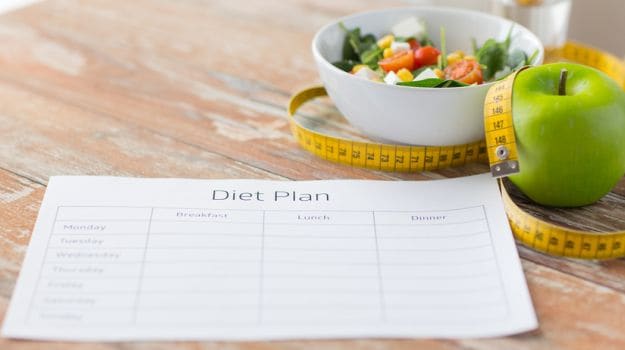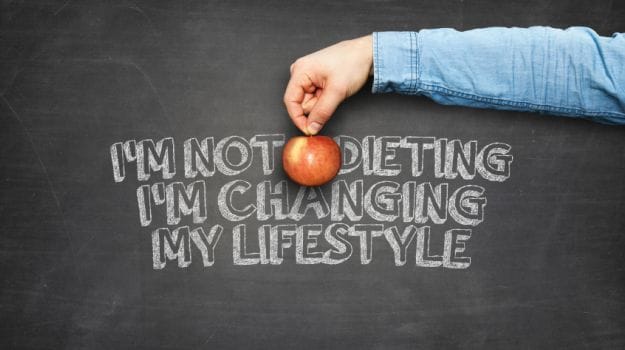
Haven’t we all resorted to some type of dieting at least once in our lives? Dieting mirrors – at times a desperate measure taken to achieve weight loss – a way to make a change in lifestyle. The concept of dieting stems from the idea of restriction, you deprive your body off a certain element, fulfill its requirement with something else and there you have it, your body starts reacting differently, exhibiting tangible changes.
However, the road to weight-loss and maintaining equilibrium deep within, is nothing short of a task, and making mistakes en route a slimmer and fitter you is inevitable. What if there existed a guide to take you through the nuances of dieting? Just before you decide to cut out carbs or get an extra load of protein in your meals, go through the following points:

Understand Homeostasis
The English Oxford Dictionary describes it as the “tendency towards a relatively stable equilibrium between interdependent elements, especially as maintained by physiological processes.” Confusing? Let us simplify it bit. The term stands for the body fighting to maintain a balance throughout its bodily processes. This happens all the time, for example, when you are sick, the body acts in a way to recover you faster; if you are drunk, it will do its best to sober you up, and so on. The body knows that it functions at its most optimal when it is on an even playing field. This is exactly what happens when you start cutting calories out from your diet, your body identifies the change and facilitates weight loss at the same time, regulating the metabolic output to maintain a stable environment.
Drastic Actions Have Drastic Consequences
Dieting is a simple process gone complicated over the years. If your diet calls for drastic measures, like dropping of a complete food group or micro nutrients, it is advised that you don’t take it up. Always adopt healthier ways to lose weight. If you think your present diet can easily be prolonged for several more months, thereby culminating into a modified lifestyle – go for it.

However, if you implement a dieting method for a short period of time, the body will adapt and down regulate metabolic output for a stable balance. Consequently, when you revert to your regular diet, you will end up with a calorie surplus which may trigger more weight gain than you lost. Avoid employing drastic dieting protocols to keep drastic weight gain rebound away.
Don’t Try to Outsmart Your Body
Your body will level all possible changes it goes through to maintain an overall balance. It has its own way of working, which can be tweaked to get desired results but not manipulated. Learn to respect your body’s natural processes. If you think to trick your body for the entirety of your life, you are not slated to succeed. When you cut down calories or switch to a high intensity workout regime, your body alters its mechanism to adapt, but once you are back to your normal routine, your body will identify a surplus of energy, triggering rapid weight gain (in case the calorie intake is too much or the intensity of your physical activity drops drastically).
Fad Diets?
Health and fitness experts vouch for a combination of balanced diet, coupled with regular exercising to stay fit. Consistency is the only thing that will help you sail through. The balance between calorie intake and the calories that are burned should be a perfect fit and this balance should be achieved and maintained consistently without drastic slip ups. Some of the recently conducted researches and medical studies show that 95% of diets fail to deliver long term fat loss results. Consistency is the only mantra, your golden thumb rule to follow.

Don’t Diet, Aim to make it a Lifestyle
Dieting will only take you to a certain level; you need to have a post-dieting plan. Learn from your dieting phase; identify the role of various elements and micro nutrients in your body’s development and sustenance. Make gradual changes in your lifestyle for it to become a way of life.
Diet Pills
While there are certain supplements like fish oils, CLA’s, omegas and other products that can help (if incorporated in with a strong diet), these alone won’t deliver incredible results. Ask yourself, are the claims made by the diet pill advertisements too good to be true? If yes, it is likely not to be true. Supplements can enhance the efficacy of your workout or can support your daily diet, they can never eliminate the need of any of it.
[“source-ndtv”]










